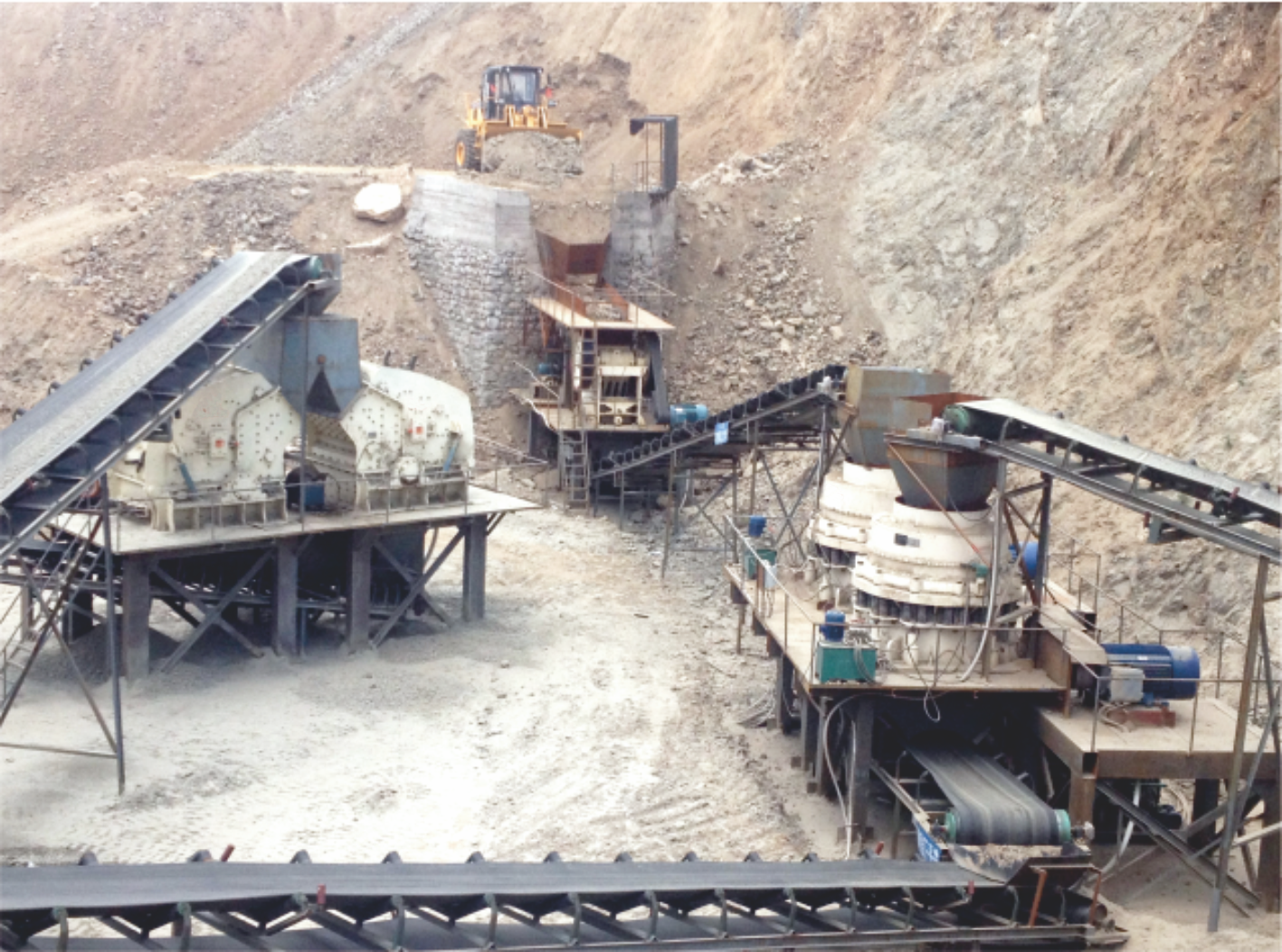How to choose mobile type crusher or stationary type crusher for granite aggregate making
Granite, with its durability, aesthetic appeal, and widespread availability, is a popular material for construction and infrastructure projects. When it comes to producing granite aggregates for various applications, the choice between a mobile crusher and a stationary crusher is a critical decision that impacts efficiency, flexibility, and overall project success. Now let’s explore the factors to consider when deciding between these two types of crushers for granite aggregate production.
1. Project Requirements:
Mobile Crusher: Ideal for projects with changing locations or temporary sites. Suited for construction projects with multiple phases. Enables on-site crushing, reducing the need for material transport.
Stationary Crusher: Suitable for long-term projects with a fixed location. Offers a consistent and reliable production process. Often preferred for large-scale operations with a continuous demand for aggregates.
2. Mobility and Flexibility:
Mobile Crusher: Provides mobility and flexibility to access different areas.
Quick and easy relocation from one site to another. Suitable for projects with varying demands and locations.
Stationary Crusher: Fixed at a specific location for the entire duration of the project. Requires a more substantial investment in infrastructure.

3. Production Capacity:
Mobile Crusher: Generally offers lower production capacity compared to stationary crushers. Suitable for smaller to medium-sized projects. Allows for scalability with the addition of multiple units for increased capacity.
Stationary Crusher: Typically designed for higher production capacities. Well-suited for large-scale operations with consistent demand. Provides a steady and reliable output.
4. Operating and Maintenance Costs:
Mobile Crusher: May have higher operating costs due to mobility features. Maintenance can be more challenging in remote locations. Fuel and transport costs should be considered.
Stationary Crusher: Generally lower operating costs due to a fixed location.
Choosing between a mobile crusher and a stationary crusher for granite aggregate making depends on various factors, including project requirements, mobility, production capacity, operating costs, and environmental considerations. Both options have their advantages, and the decision should align with the specific needs and constraints of the project. Evaluating these factors thoroughly will help ensure that the selected crusher type contributes to a successful and efficient granite aggregate production process.
Hot News
Recommended Case
- 550TPH Granite Aggregates Production Line in Henan
- 450TPH Limestone Gravel Production Line in Mexico
- 300TPH Feldspar Gravel and Sand Production Line in Gansu
- 200TPH Basalt Aggregate Production Line in Sri Lanka
- 300TPH Coal Gangue Crushing Production Line in Colombia
- 180TPH Waste Rock Crushing Production Line in Australia